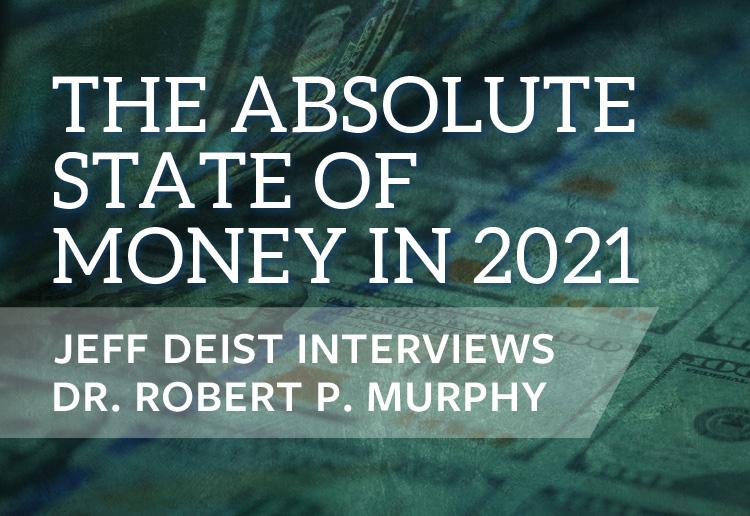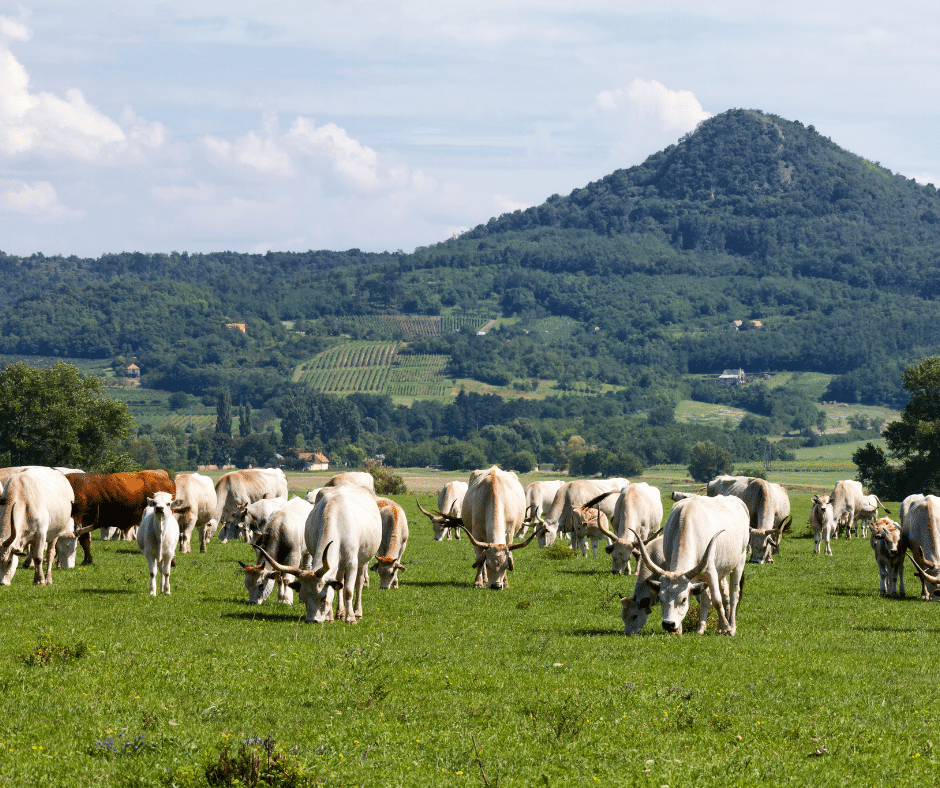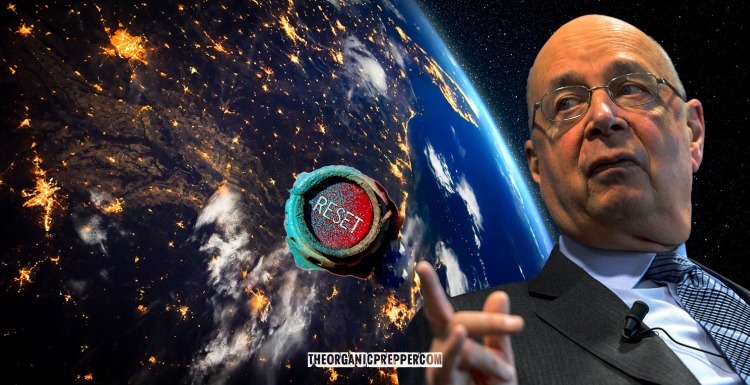Sharing is caring!
The short answer is yes! Rabbits are an excellent source of protein, and they don’t require any more care than a common house cat. However, you should be cautious about eating them because some diseases can be transmitted through their meat. Rabbits are usually safe to eat if you cook the meat thoroughly.
There are many different types of rabbit meat that are perfectly safe and delicious to consume. The long answer is more complicated than it seems at first glance. Here’s what we know about eating rabbits:
Which Backyard Rabbits Are Safe To Eat
Raising backyard rabbits for meat is a popular pastime these days. If it’s what you’re looking to do, make sure that you go with the best breeds!
Rabbits with the most desirable meat would be Silver Fox, French Angora, and American Chinchilla. If you are considering eating rabbits for their fine taste or health benefits then these rabbits should be at the top of your list to hunt down.
Silver Fox: This breed is a great choice for those looking to raise rabbits. If you’re worried about the meat, don’t be – they are known for having large litters and will provide safe but tender rabbit meat if healthy enough.
American Chinchilla: The American Chinchilla is a breed of domesticated animal that has become popular due to the meat produced. This muscular and stocky creature will provide you with more than enough savory, sweet meat!
French Angora: The French Angora breed’s rabbits hardly come with enough meat. On top of that, the rabbit fur is vulnerable to matting. This means you’ll need to keep brushing it from time-to-time and watch out for an attack by the fever virus as well!
Really, any domestic meat rabbit breed are safe to eat. It’s just a matter of preference.

The two inspirational alternatives from the wild are as follows.
Cottontail Rabbits (both mountain and desert): While they are small in size, these rabbits have shown to be fantastic meals. Their delicious and high-quality flesh will swiftly capture your attention. Due to their nocturnal nature, you can usually hunt them in the evening.
Eastern Cottontail Rabbit: This rabbit is America’s most hunted, and it’s not hard to see why. The cotton ball tail and ruddy brown coat are some of the characteristics that make this creature distinct. Because they are nocturnal, hunting them in the evening would be ideal.
If you don’t want the rabbits to escape your yard when you aren’t home or unable to catch them, check out this low-cost, efficient spring-loaded trap on Amazon to set up in your backyard for easy trapping and prevention of their flight.
How To Tell If a Rabbit Is Safe To Eat
In most cases, wild rabbits will be flea-infested and have parasite infections. Though these might not be a danger to people, the pests and parasites can cause long-term damage. Therefore, it is important to keep an eye on rabbits with fleas…
Continue reading here









